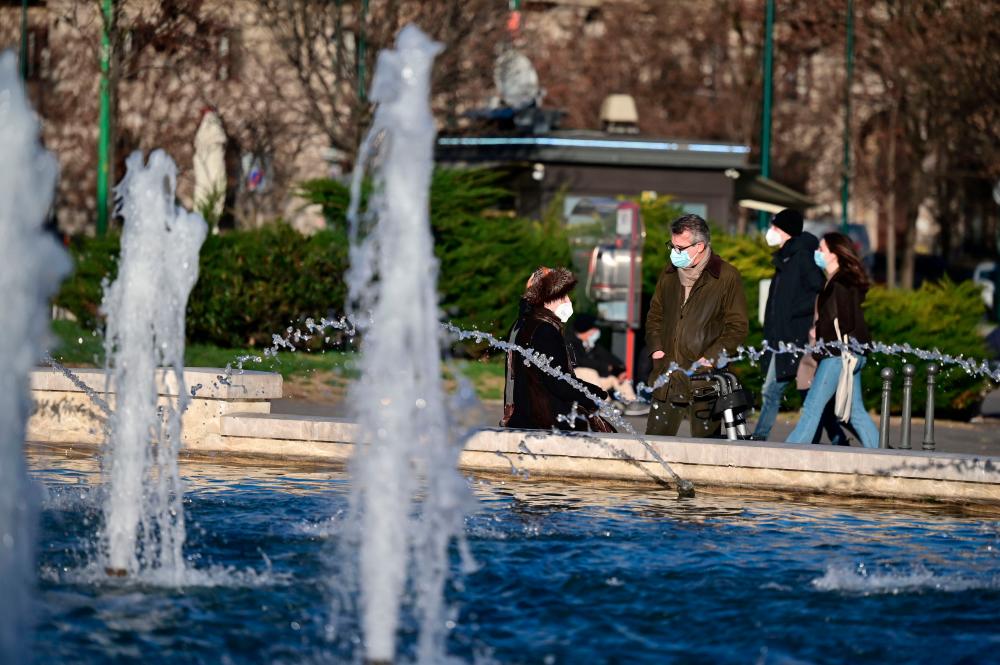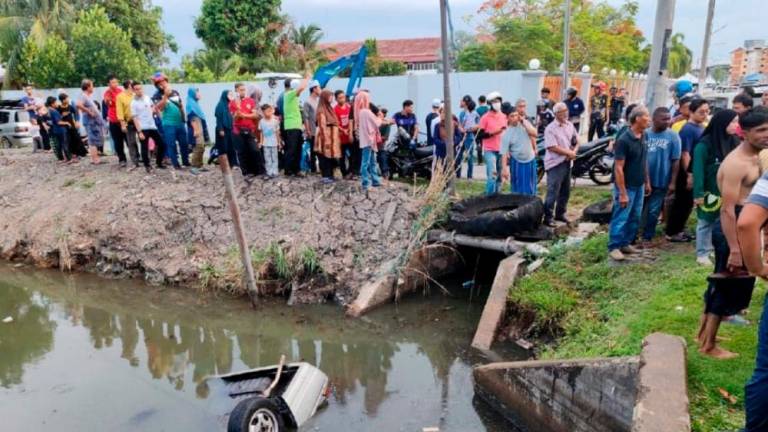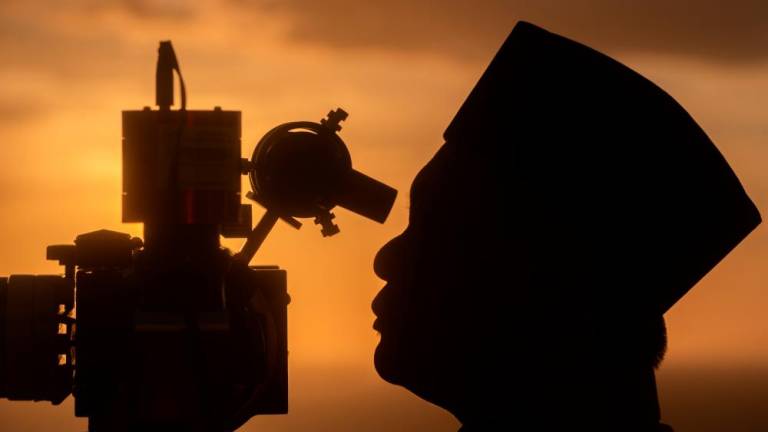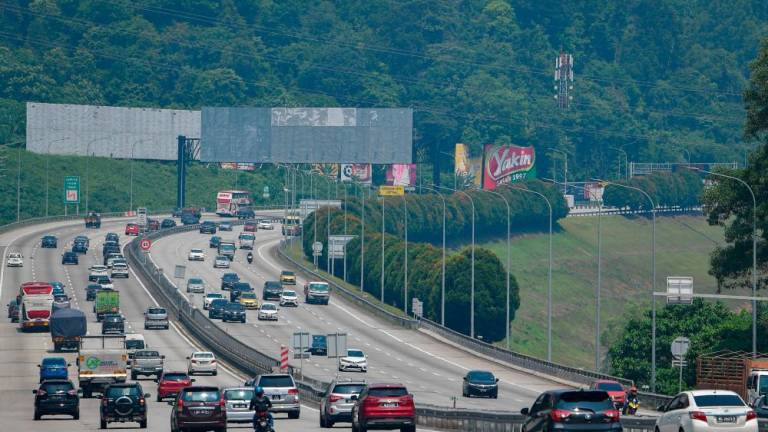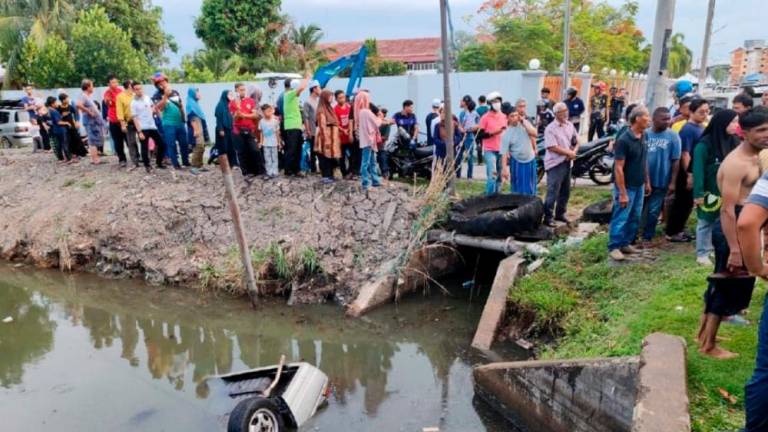PETALING JAYA: Getting vaccinated against Covid-19 is not a licence to go out without a mask or to mingle in a crowd.
The vaccine only protects you against severe illnesses if you have already been infected by the Covid-19 virus, but there is not enough data yet to show that it also prevents you from getting infected in the first place, according to health experts.
One way to prove the vaccine’s efficacy is to vaccinate a person, then expose him to the virus to see if he gets infected, according to Malaysian Medical Association (MMA) president Prof Datuk Dr M. Subramaniam.
“Most likely, the vaccine will prevent infection, but uncertainty remains,” he told theSun.
Nonetheless, no one has volunteered for such a test yet, and in all likelihood, none will.
Subramaniam pointed out that until sufficient data is available, it is best to continue observing the standard operating procedures, which means wearing a face mask, practising social distancing and frequent sanitising.
He said that to achieve herd immunity, at least 70% or more of the population have to be vaccinated.
“As more and more people get vaccinated, Covid-19 incidence will drop and the SOP will be adjusted,” he said.
But, he added, as the virus also mutates, it may become necessary for people to be vaccinated every year.
Subramaniam was responding to Health Director-General Tan Sri Dr Noor Hisham Abdullah’s statement last week that the Covid-19 vaccine is not necessarily an “immunity passport”.
He believes the government will only be able to make an educated judgement on its efficacy after four to six months of making Covid-19 vaccinations available.
Malaysia is expected to receive its first consignment of vaccines in March, when mass vaccination will begin.
Like Subramaniam, virologist Prof Dr Sandy Loh of University of Nottingham Malaysia believes that adherence to the SOP remains crucial.
“We don’t all react the same way to the same vaccine, given the differences in our physiological and biological make-up. Each of us will therefore achieve a different level of immunity against the infection,” she told theSun.
“Hence the risk of infection remains,” she added.
What is clear now is that the vaccine can effectively reduce the severity of the symptoms that the infected person suffers.
But this does not mean that the person no longer carries the virus and cannot spread it to others.
“We still need to adapt to the new norm (practising social distancing and wearing a face mask) in our daily lives to break the Covid-19 pandemic chain,” Loh added.
She said it is only when the pandemic has been declared officially over that people can return to the old norm. She believes it will take at least two more years for that to be achieved.
Loh also believes that a renewal shot every year is necessary to ensure sustained immunity.
“It is almost certain that the immune response initially generated by the vaccine will wane over time. Hence, the need for renewal shots.”
She said the opposition to the vaccination is unfounded and can therefore pose a real challenge to efforts to achieve herd immunity.
“If the proportion of vaccinated people in a community falls below the herd immunity threshold, exposure to the disease could again result in rapid spreading of the virus,” she added.



